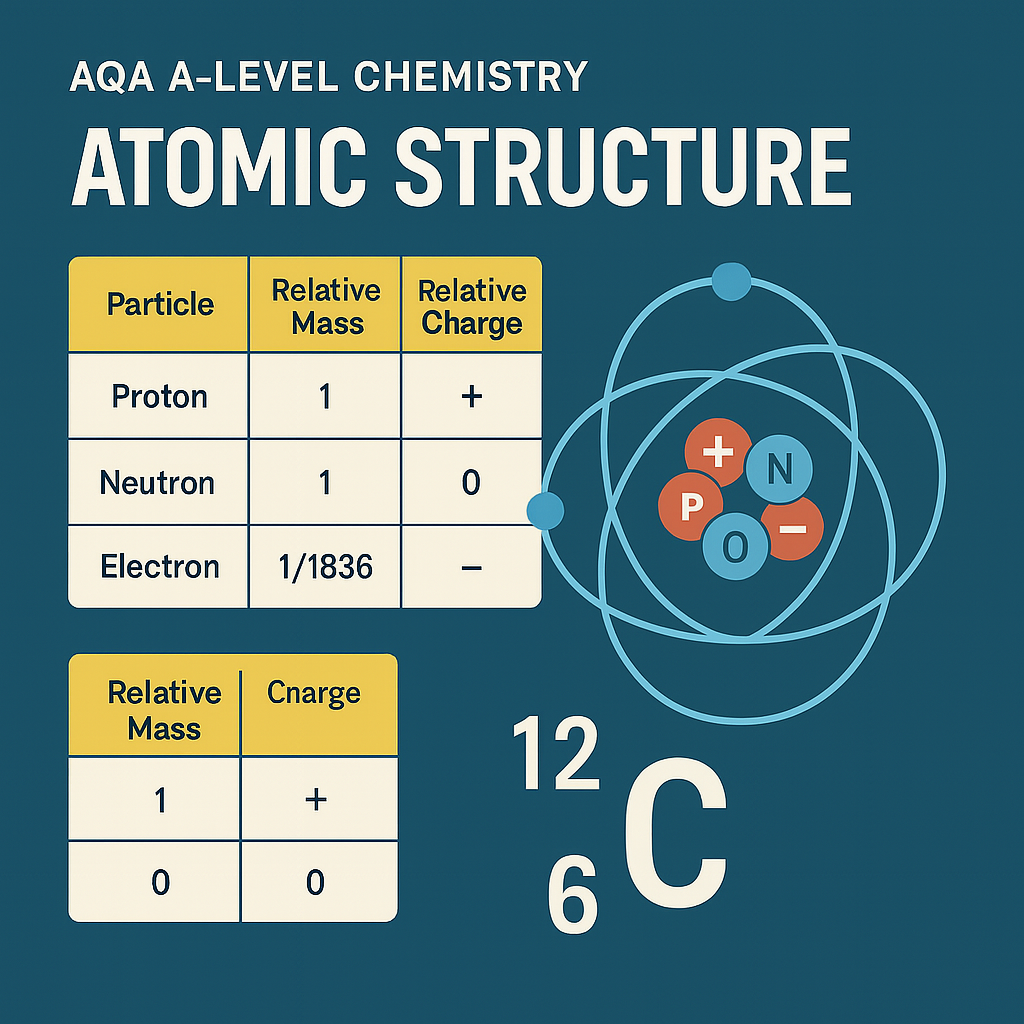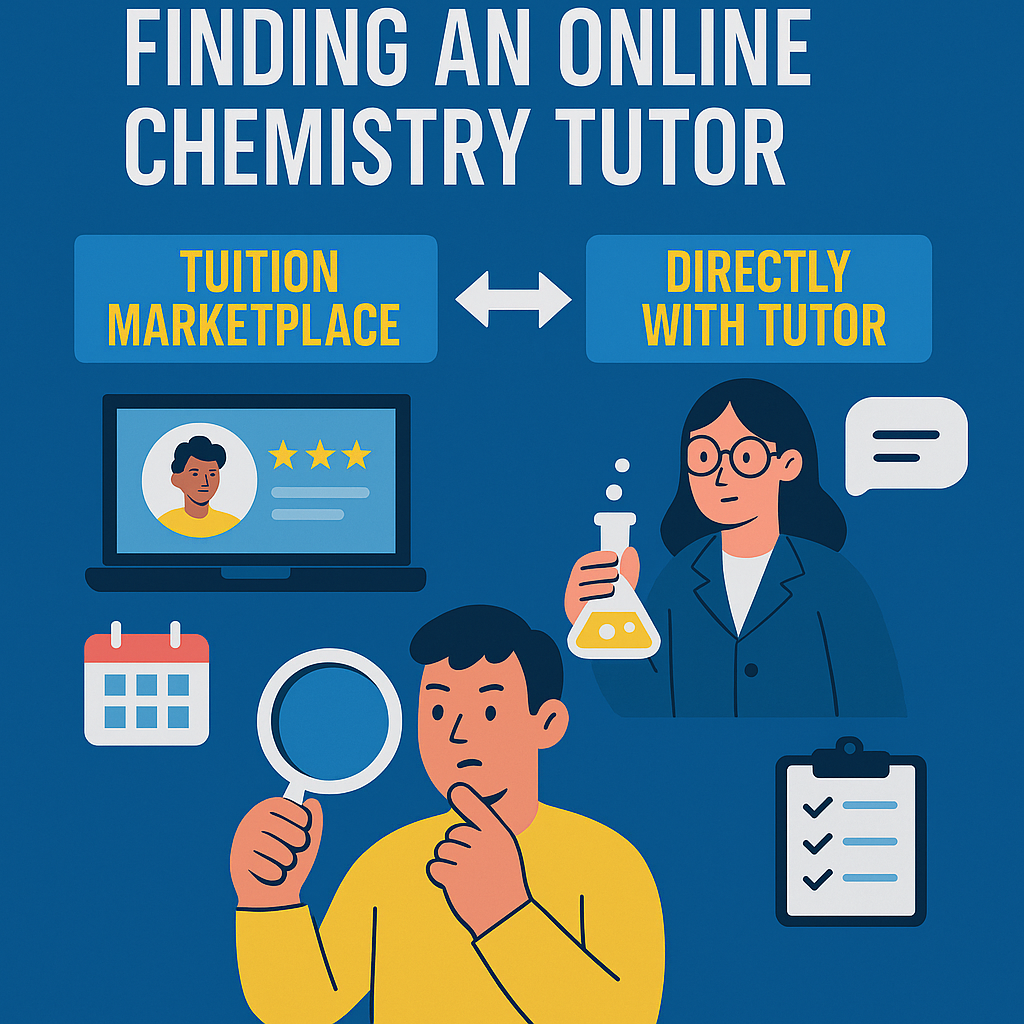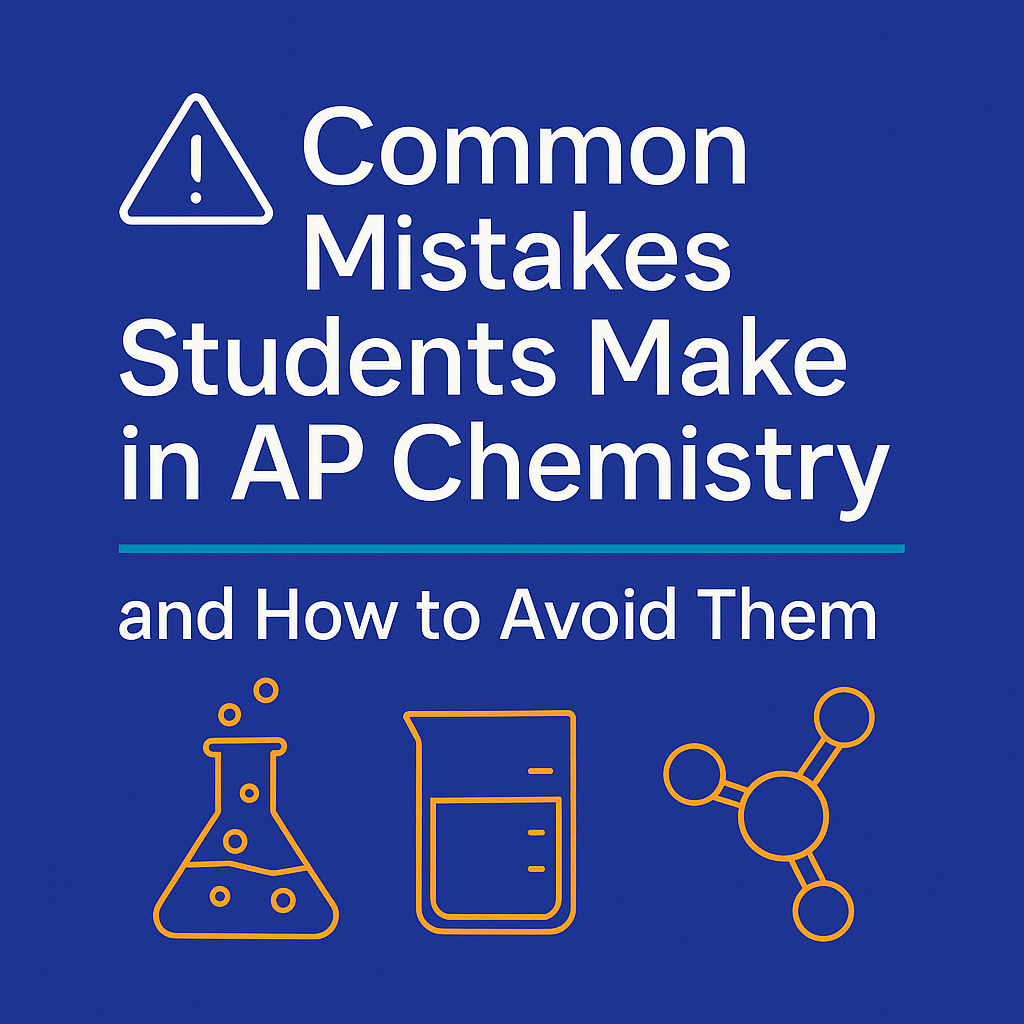Supporting Neurodivergent Students in Chemistry and Why the Right Online Tutor Can Make All the Difference
Choosing between online and in-person tutoring depends on the student's needs and context.
Chemistry can be one of the most rewarding subjects—but also one of the most complex. For neurodivergent students (including those with ADHD, autism, dyslexia, or other learning differences), the subject’s mix of logic, abstract concepts, and dense language can feel overwhelming—especially in traditional classrooms.
The good news? With the right support, neurodivergent learners can not only thrive in Chemistry but also come to genuinely enjoy it. And in many cases, online tutoring offers a more personalised, flexible, and empowering environment than in-person lessons.
In this blog, we’ll explore how neurodivergent students experience Chemistry, common barriers they face, and how online tuition—delivered by a patient, experienced teacher—can unlock confidence and progress.
How Neurodivergent Students Experience Chemistry Differently
Neurodivergence is not a disadvantage—it’s simply a different way of learning and thinking. But standard teaching often doesn’t accommodate this difference.
Common challenges include:
Information overload from too much content too quickly
Working memory struggles, making multi-step calculations difficult
Sensory sensitivities, which can be heightened in busy classrooms
Reading or processing delays, especially in wordy exam questions
Difficulty with time management or staying focused in longer tasks
At the same time, neurodivergent students often have incredible strengths:
Strong pattern recognition
Lateral thinking
Fascination with scientific detail
Deep focus on topics of interest
High creative problem-solving ability
🧬 The key isn’t “fixing” the student—it’s adapting the approach.
Why Online Tutoring Can Be a Better Fit
While some families initially worry that online lessons might be too disconnected or impersonal, many find the opposite is true—especially for neurodivergent learners.
Here’s why:
1. A Customised Pace and Learning Environment
Students can take breaks or go at a slower pace without classroom pressure
The tutor can adapt each session based on the student’s energy and attention
The home environment offers fewer sensory distractions
The student can have control over their setting (lighting, headphones, posture)
🎧 One-to-one online learning offers the structure without the sensory overload.
2. Visual and Interactive Teaching Tools
Online platforms allow tutors to:
Use visual diagrams, colours, and animations to explain difficult concepts
Share annotated PDFs, screen drawing tools, and digital flashcards
Break down multi-step problems into manageable chunks
Use dual screens (chat + visual) for dual processing preferences
This is especially helpful for autistic students who prefer visual logic or dyslexic learners who benefit from colour coding and chunking.
3. Low-Stress Communication
Students can use chat or typing if verbal communication feels tiring
They can re-watch recorded sessions (with permission)
Tutors can pick up on stress signals and respond gently, without peer pressure
💬 For many neurodivergent students, the reduced social pressure of online lessons allows them to engage more freely.
What a Good Chemistry Tutor Does Differently
Not all tutors are created equal—especially when working with neurodivergent learners. The right tutor will:
Be patient and calm, allowing time to process
Offer clear structure and visual aids
Provide routine and predictability in lesson format
Allow the student to lead when they’re ready
Celebrate small wins and build genuine confidence
They’ll also be flexible—knowing when to slow down, pause, or switch gears based on how the student is feeling that day.
🧑🏫 A great tutor doesn't just teach Chemistry. They teach your child, in the way that works best for them.
Chemistry-Specific Challenges and How to Address Them
💡 Case Study: How One Student Turned Things Around
“My son has autism and really struggled with Chemistry in school—he often shut down or refused to engage. But with weekly online tutoring, he started to enjoy the sessions. The tutor used diagrams and humour, worked at his pace, and made the subject feel manageable. He’s now predicted a 7 at GCSE. We never thought that was possible.”
— Parent of Year 11 Student
Signs That Online Chemistry Tuition Is Working
The student feels less anxious about Chemistry lessons
They attempt exam questions more willingly
They’re able to explain a concept in their own words
They feel in control of their learning
Progress—even if gradual—is steady and meaningful
🎓 Final Thoughts: Different Brains, Same Potential
Every student deserves to be understood. And for neurodivergent learners, that understanding can be the bridge between confusion and clarity, frustration and confidence.
With the right online tutor—someone who knows Chemistry deeply and teaches with flexibility, patience, and empathy—students don’t just learn the content. They learn to believe in themselves.
Looking for Neurodivergent-Friendly Chemistry Tuition?
Dr. Marguerite Quinn (PhD Chemistry, MEd) specialises in 1:1 online lessons tailored to each student’s pace, preferences, and learning profile. Her calm, visual teaching style has helped students with ADHD, autism, dyslexia, and anxiety find success and confidence in Chemistry.
👉 Book a 15 mins consultation to discuss how online tuition can be adapted to suit your child’s needs.






Understand AQA A-Level Chemistry Section 3.1.1.2 on mass number and isotopes. Learn key definitions, isotope notation, calculations, and how this topic builds your scientific and exam skills.